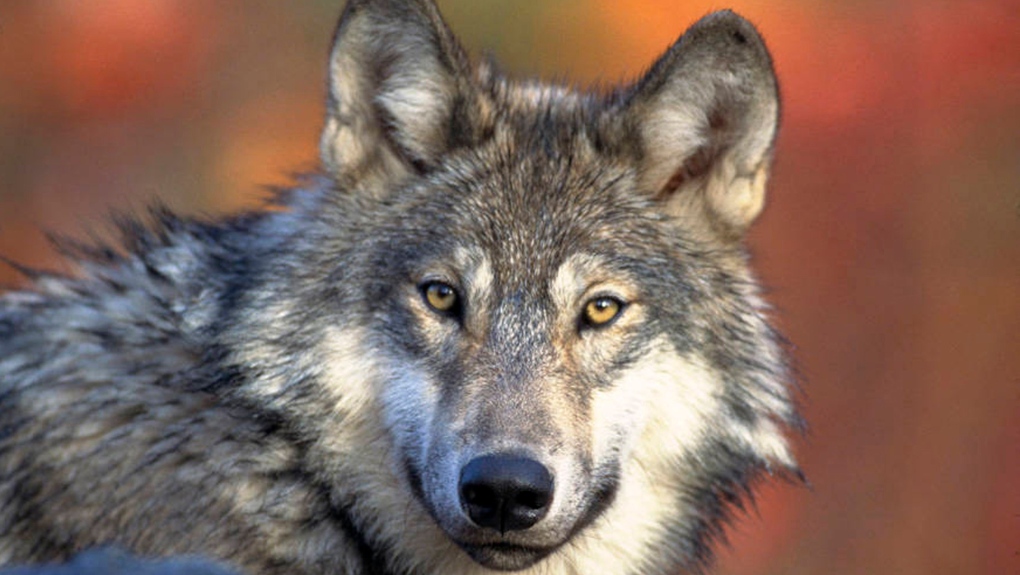
U.S. House votes to remove wolves from endangered list in 48 states
CTV
The U.S. House voted Tuesday to end federal protection for gray wolves, approving a bill that would remove them from the endangered species list across the lower 48 states.
The U.S. House voted Tuesday to end federal protection for gray wolves, approving a bill that would remove them from the endangered species list across the lower 48 states.
A handful of Democrats joined with Republicans in passing the bill. The measure now goes to the Senate, but it appears doomed after the White House issued a statement Monday warning that the Biden administration opposes it. Congress shouldn't play a role in determining whether a species has recovered, the statement said.
The Republican-authored bill comes amid national debate on the wolves' future. Hunters and farmers across the country maintain the species is stable and have been complaining for years about wolf attacks on game species and livestock. They want to be allowed to legally kill the animals.
Conservationists insist the population remains fragile after being hunted to near-extinction by the 1960s.
In 2011 Congress stripped Endangered Species Act protection from gray wolves in the northern Rocky Mountains and the Trump administration removed protections across the rest of the continental U.S. in 2020. However, a federal judge blocked the change except in the northern Rocky Mountains. The U.S. Fish and Wildlife Service this past February rejected requests from conservation groups to restore protections in that six-state Rockies region, allowing Idaho, Montana and Wyoming's state-sponsored wolf hunts to continue. The agency estimated the wolf population in the region at almost 3,000 animals at the end of 2022.
Wolves aren't considered threatened in Alaska — the population there stands at between 7,000 and 11,000 animals — and they aren't found in Hawaii. There were an estimated about 8,000 animals across the lower 48 states in 2022, according to a compilation of wildlife agency data by the Wolf Conservation Center.
Republicans argued wolves have clearly recovered and ending protections should be celebrated as a conservation success.





















 Run 3 Space | Play Space Running Game
Run 3 Space | Play Space Running Game Traffic Jam 3D | Online Racing Game
Traffic Jam 3D | Online Racing Game Duck Hunt | Play Old Classic Game
Duck Hunt | Play Old Classic Game